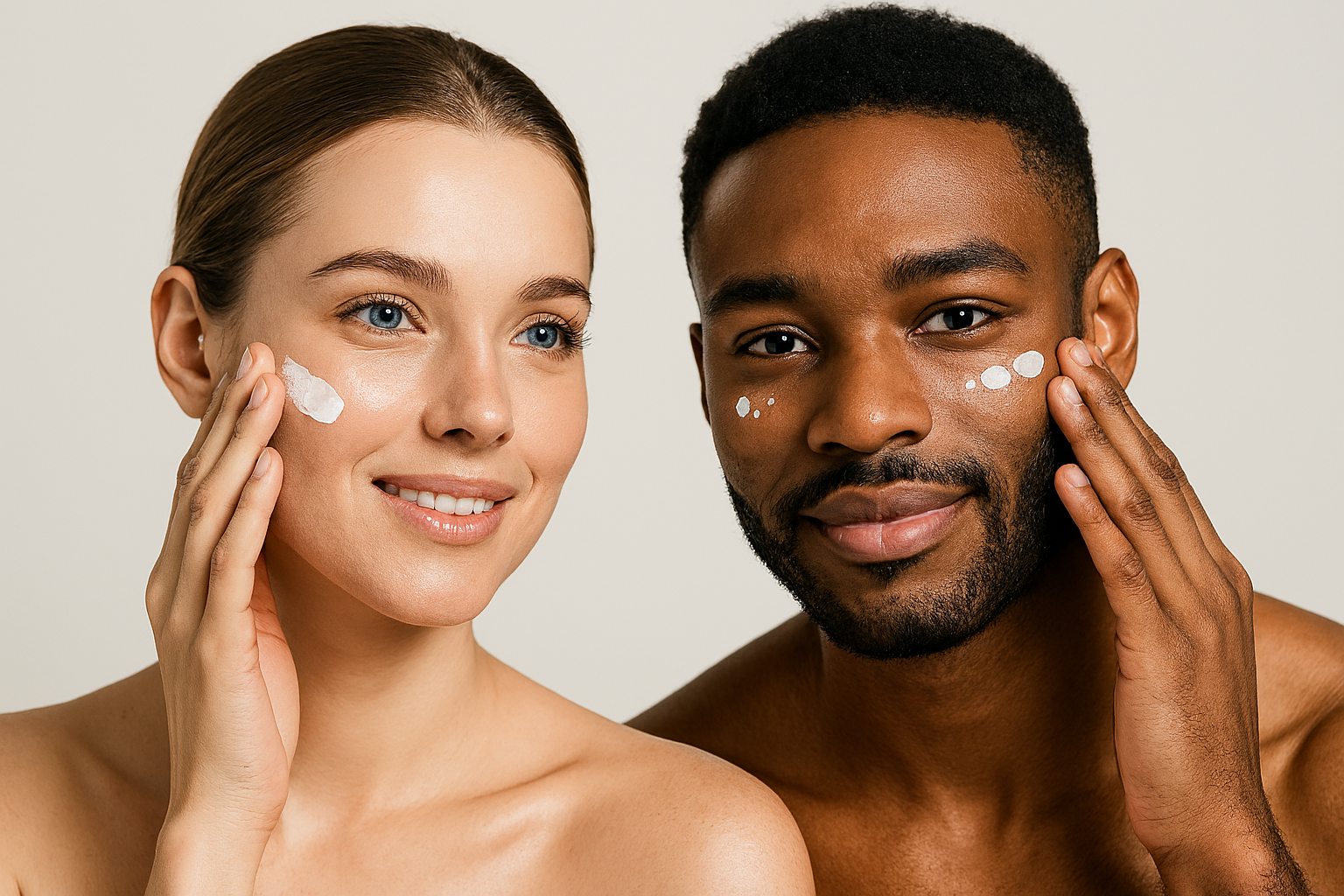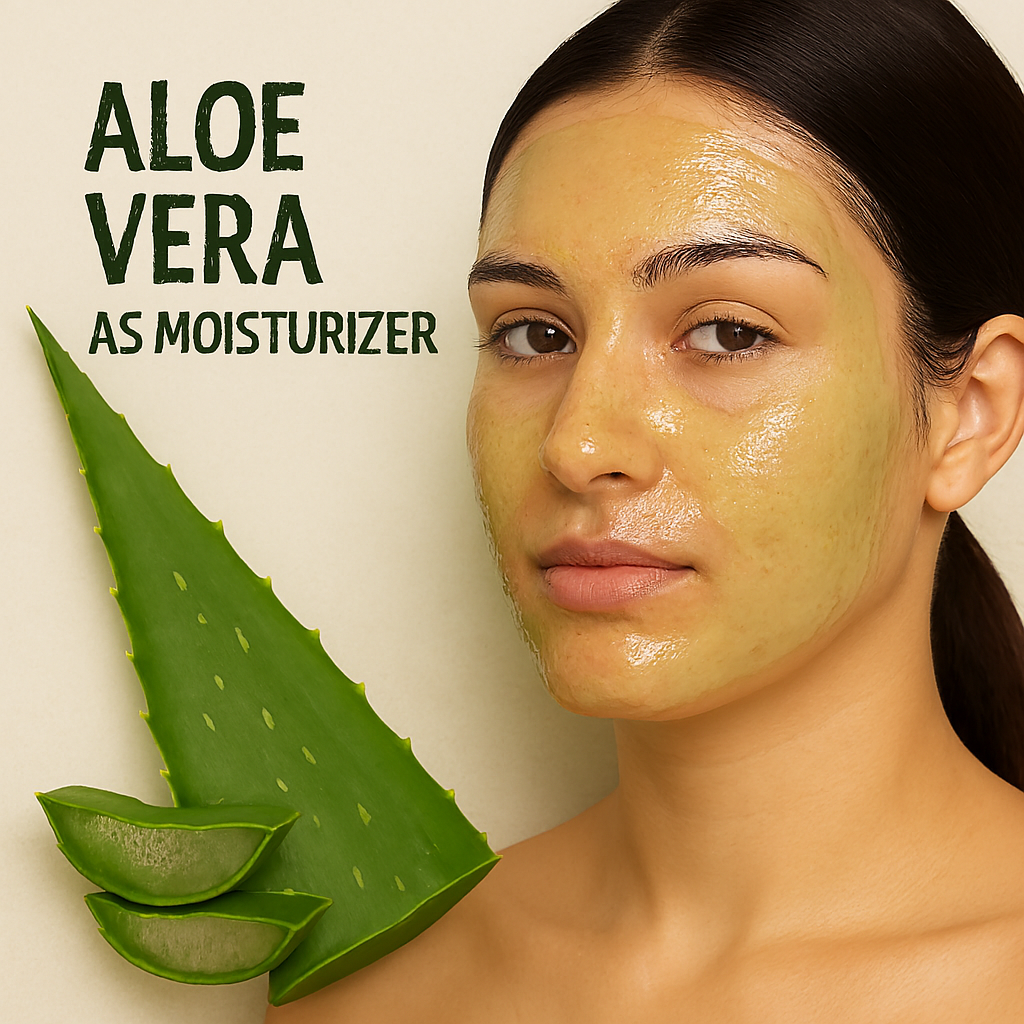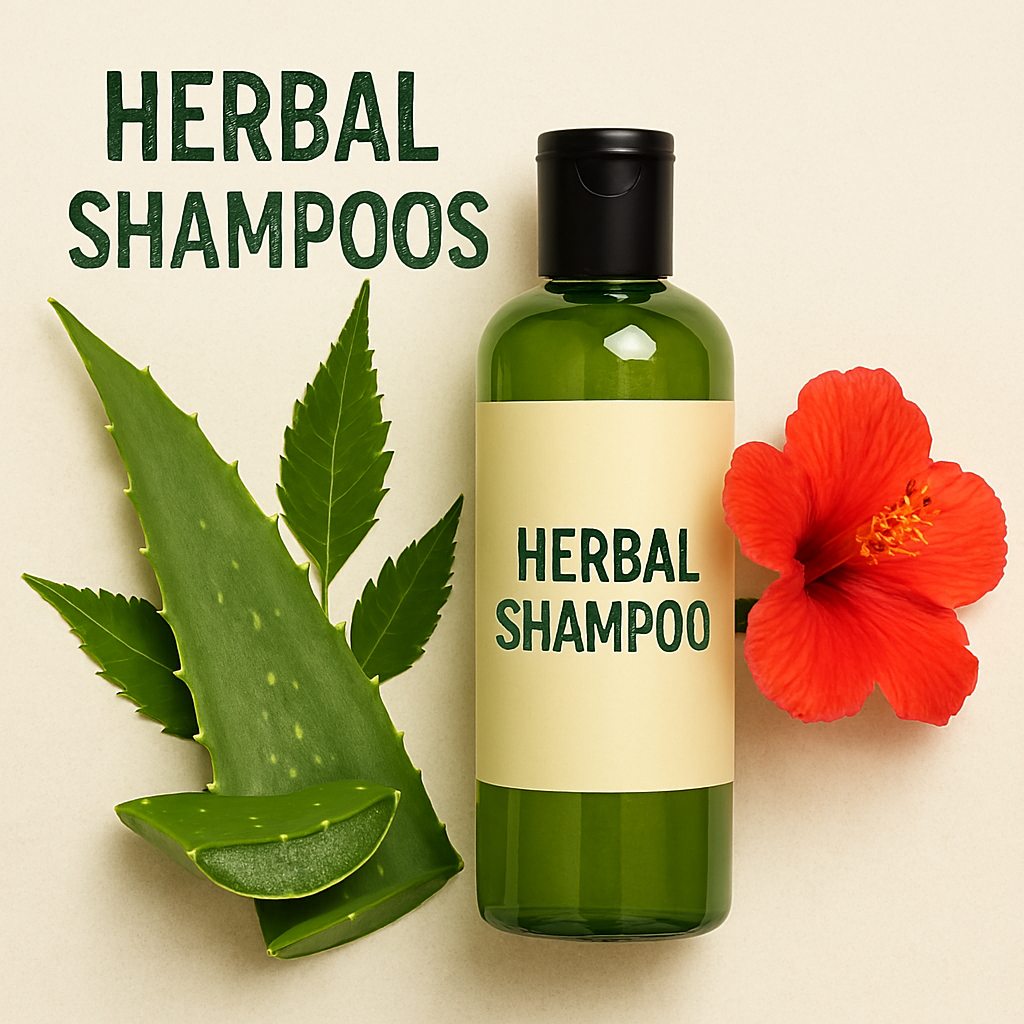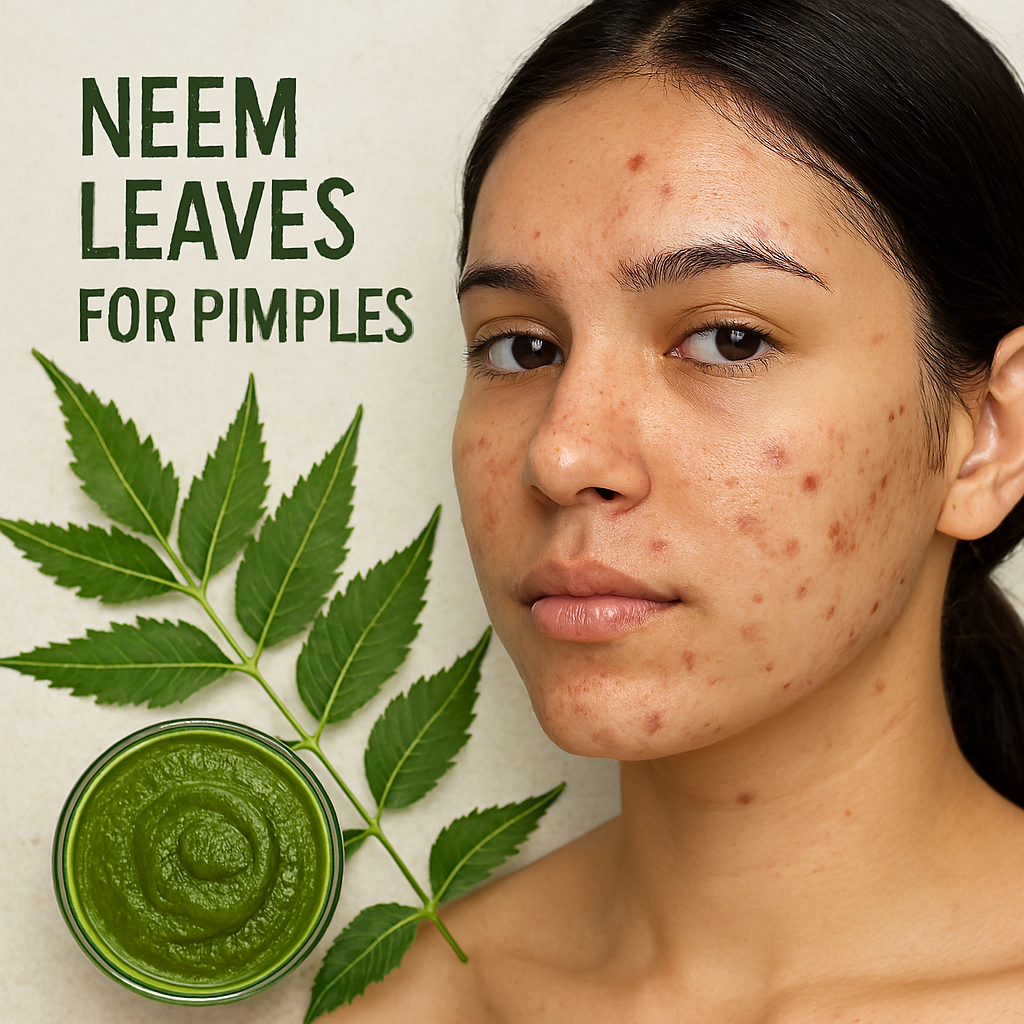Facial pigmentation, typically identified by dark spots, uneven skin tone, or discoloration, is a common skin issue that can affect individuals across various ages and skin types. Several factors can contribute to this condition, including exposure to the sun, hormonal shifts, inflammation, and underlying medical conditions.
What is Facial Pigmentation?
For example, prolonged sun exposure may lead to sunspots or melasma, while hormonal changes during pregnancy or menopause can trigger hyperpigmentation. Similarly, acne or other skin conditions can result in post-inflammatory hyperpigmentation (PIH).
Although pigmentation doesn’t pose a significant health risk, it can deeply affect one’s self-esteem and confidence. Many individuals look for cosmetic solutions such as topical creams, serums, or treatments like laser therapy and chemical peels.
To address pigmentation effectively, it’s essential to first understand its root causes. Preventive measures, like the consistent use of sunscreen and a good skincare routine, can also play an important role.
Understanding the Causes of Facial Pigmentation
The primary cause of facial pigmentation is an excess production of melanin, the pigment responsible for skin color. The contributing factors to this overproduction include:
- Sun exposure: UV rays trigger melanin production, resulting in dark spots and an uneven skin tone.
- Hormonal changes: Hormonal fluctuations during pregnancy or menopause can induce pigmentation issues such as melasma.
- Inflammation: Conditions like acne or eczema can leave behind dark spots once they heal, resulting in post-inflammatory hyperpigmentation (PIH).
- Medications: Some medications have pigmentation as a side effect.
- Genetics: Some individuals may have a genetic predisposition to pigmentation.
Identifying the underlying cause is essential for selecting the right treatment.
The Role of Natural Remedies
While there are various medical and cosmetic options to treat pigmentation, many people prefer to use natural remedies. These remedies rely on plant-based ingredients that have gentle yet effective properties, helping to:
- Reduce pigmentation: By inhibiting melanin production and encouraging skin cell regeneration.
- Even skin tone: By lightening dark spots and brightening the complexion.
- Improve skin texture: By offering hydration and nourishment.
- Minimize side effects: Unlike chemical treatments, natural remedies tend to have fewer adverse effects.
It’s important to be patient, as natural remedies may take some time to show visible results. Consulting a dermatologist before starting any new skincare routine is recommended, especially for individuals with underlying skin conditions.
Common Causes of Pigmentation on the Face
Pigmentation occurs due to several factors, often making it a persistent issue for many. The key factors include:
- Sun Exposure: Excessive exposure to the sun causes the skin to produce more melanin, leading to dark spots.
- Hormonal Changes: Hormonal imbalances, particularly during pregnancy or menopause, can cause pigmentation, commonly known as melasma.
- Skin Inflammation: Inflammation from acne or eczema can lead to post-inflammatory pigmentation after healing.
- Age and Genetics: As we age, the skin’s natural healing slows, leading to increased pigmentation. Additionally, genetics can play a role in predisposition to pigmentation.
Types of Facial Pigmentation
There are several common forms of pigmentation:
- Melasma: Dark patches that commonly occur during pregnancy or due to hormonal imbalances.
- Freckles: Small, flat brown spots caused by sun exposure.
- Sunspots: Larger brown spots caused by prolonged sun exposure over time.
- Post-inflammatory hyperpigmentation (PIH): Dark spots left after acne or other skin conditions heal.
- Hyperpigmentation: A broad term for skin discoloration darker than the surrounding skin.
Natural Remedies for Pigmentation
Ayurveda, an ancient system of medicine from India, advocates the use of natural remedies and herbal solutions to address various skin concerns, including pigmentation.
Here’s how several common natural remedies align with Ayurvedic principles:
- Aloe Vera (Kumari)
Properties: Cooling, soothing, and rejuvenating
Benefits: Hydrates, promotes skin regeneration, and balances the Pitta dosha (involved in inflammation).
How to Use:- Extract gel from an aloe vera leaf and apply directly to the face.
- Leave it for 15-20 minutes before rinsing off with lukewarm water.
- Use twice a day for the best results.
- Lemon Juice (Nimbu)
Properties: Cleansing, purifying, and brightening
Benefits: Rich in Vitamin C, helps lighten dark spots and reduce melanin production.
How to Use:- Mix equal parts lemon juice and raw honey.
- Apply to the face and leave for 10-15 minutes before washing off with cold water.
- Use once or twice a week, preferably not in direct sunlight.
- Turmeric (Haldi)
Properties: Anti-inflammatory, antiseptic, and detoxifying
Benefits: Reduces inflammation and enhances skin clarity.
How to Use:- Make a paste by mixing turmeric with water or yogurt.
- Apply it to the face and leave for 15-20 minutes before rinsing off with lukewarm water.
- Use once or twice a week (note that turmeric may stain the skin).
- Potato (Alu)
Properties: Cooling and soothing
Benefits: Reduces discoloration and evens out skin tone.
How to Use:- Grate a potato and extract the juice.
- Apply the juice to your face using a cotton pad.
- Leave for 15-20 minutes before rinsing off with water.
- Use daily for the best results.
Tips for Reducing Pigmentation Naturally
In addition to these remedies, lifestyle factors play a significant role in reducing pigmentation:
- Sun Protection: Apply sunscreen with SPF 30 or higher daily and wear protective clothing.
- Healthy Diet: Consume antioxidant-rich foods like fruits, vegetables, and nuts to reduce pigmentation.
- Hydration: Drink plenty of water to keep your skin hydrated.
- Moisturization: Use a gentle, oil-free moisturizer.
When to Consult a Dermatologist
If pigmentation persists despite home remedies or worsens, a dermatologist’s consultation is advised. They can help with a diagnosis, offer professional treatments like laser therapy, and guide you on managing underlying skin conditions.




